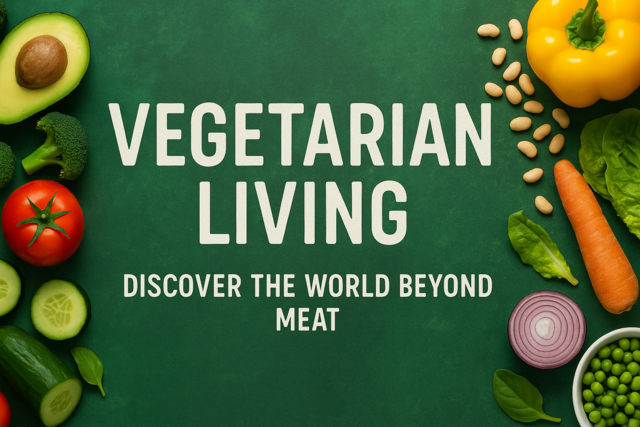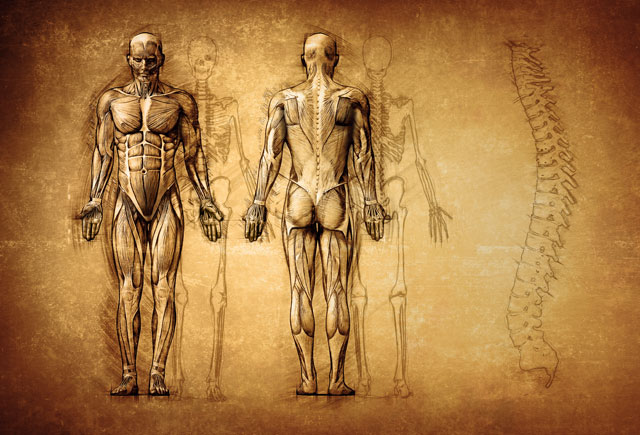Before we begin our discussion on nutrition, we must first address supplements. The use of supplements, which are meant to supplement a person's normal diet, usually in the form of powders and energy bars, is a billion-dollar industry worldwide. Given the enormous popularity (and often misuse) of supplements, we will not go into detail in this article. But, before we can understand how supplements can be used responsibly, every weight trainer must understand the basic tenets of proper nutrition.
The word diet is often misunderstood -- especially by people who are either trying to gain or lose weight. One's diet is akin to one's lifestyle. If you follow the basic principles of healthy eating, you will have a healthy diet for a lifetime. You will not have to "go on a diet" for a short period of time to reach an optimal weight or goal. The difference is subtle but worth understanding. This is especially true for weight trainers. Knowing how food is processed by the body will aid you in making excellent decisions when it comes to food.
Experts today agree that the following guidelines lead to optimal health:
-
Eat very limited amounts of saturated fat, cholesterol, and salt.
-
Mono- and polyunsaturated fats and oils are "good fats" for your body, and can aid in the lowering of cholesterol.
-
Excess sugar leads to weight gain (of fat, not muscle) and should be avoided.
-
Eat plenty of fruits and vegetables.
-
Whole grains should be consumed instead of heavily processed flours.
-
Eat beans, nuts, and seeds.
-
Eat fish two or three times a week.
-
Eat some lean meats, eggs, and low-fat dairy.
-
Drink plenty of water (at least 8 full glasses per day).
-
Exercise regularly.
-
Maintain a normal weight, or Body Mass Index (BMI)
The government sets recommended daily allowances for many types of nutrients, including proteins, fats, carbohydrates, sodium (salt), vitamins, and minerals. There are also specific BMI levels that are considered normal, overweight, and obese.
Even though these are universal guidelines that most people should follow, weight trainers do have specific needs to maintain a healthy diet. If you decided to start weight training to lose weight, then the amount of food you eat may not have to be varied from a person who has a very sedentary life. If, however, you are a professional weight trainer, and your goal is to build muscle mass by engaging in a very high level of physical training, you will need a sufficient amount of fuel to maintain that level of activity.
If you are already a normal weight and you wish to gain muscle mass, you will need to eat in larger quantities than you currently do. Although the amount of muscle you gain is due to genetics and age, you almost certainly will gain muscle by following the proper techniques as outlined in this class. The food you eat will play a big part in how well you maintain and build your muscles.
Many experts agree that you should increase the amount of calories you consume by approximately 10 to 15 percent when you begin a weight training program. Trainers are cautioned that these extra calories should not come exclusively from proteins (such as protein supplements), but if you do consume extra proteins, you will want to ensure that they are low in fat, especially saturated fat.
During this phase where when you begin to consume more calories, you will begin your weight training and expend some of the additional fuel you are eating, but some gain in fat will occur during this phase as well. This is perfectly acceptable in the short-term: You have increased your calorie intake in order to fuel your workouts and gain muscle. After you have made some gains in muscle, or when you have reached your desired goals, you will begin to decrease the amount of calories you consume in order to lose the fat, while keeping the muscle you gained.
When you have reached your desired muscle mass and body weight goals, you will be in the maintenance phase. The timing of your meals during this phase is important, and it will help you to make the most of your workouts. The types of food you eat before and after a workout will have a big part to play what results you experience.
It is popularly believed that weight trainers should eat enormous amounts of carbohydrates before a workout to give them the required amount of energy necessary for a strenuous workout. While carbohydrates will give you energy, it is possible to overindulge in them and actually gain fat instead.
Your main meal of the day should be eaten about three hours before exercising, while a smaller meal may be eaten within one to two hours of exercising. If you are within one hour of a workout, a sports drink, or foods that are light, would be the best option. It is best to eat approximately 10 to 25 grams of protein within an hour of your workout session.
During your workout, you really will not require anything except water.
The most important consideration, though, is what you eat after your workout. Muscles grow when they are at rest, and they require specific dietary needs during this rest period. Healthy glucose levels must be maintained, and we get glucose from carbohydrates.
As soon as possible after a workout, consume at least half a gram of carbohydrate per pound of body weight. You should adjust this amount according to the intensity of your workout. You will want to avoid a high level of carbohydrates if you had a light workout session.
Also, after a workout session, you should consume at least 10 to 20 grams of quality, low-fat protein. Your post-workout meal should generally occur within 30 minutes of finishing your weight training session.
Finally, it should be noted that it is not necessary for a weight trainer to count out precise amounts of food levels on a consistent basis. It really is a matter of following the basic principles discussed in this article, increasing your caloric intake during your muscle-building phase, decreasing your caloric intake during your fat loss phase, and maintaining good meal-timing during all phases of your weight training.































